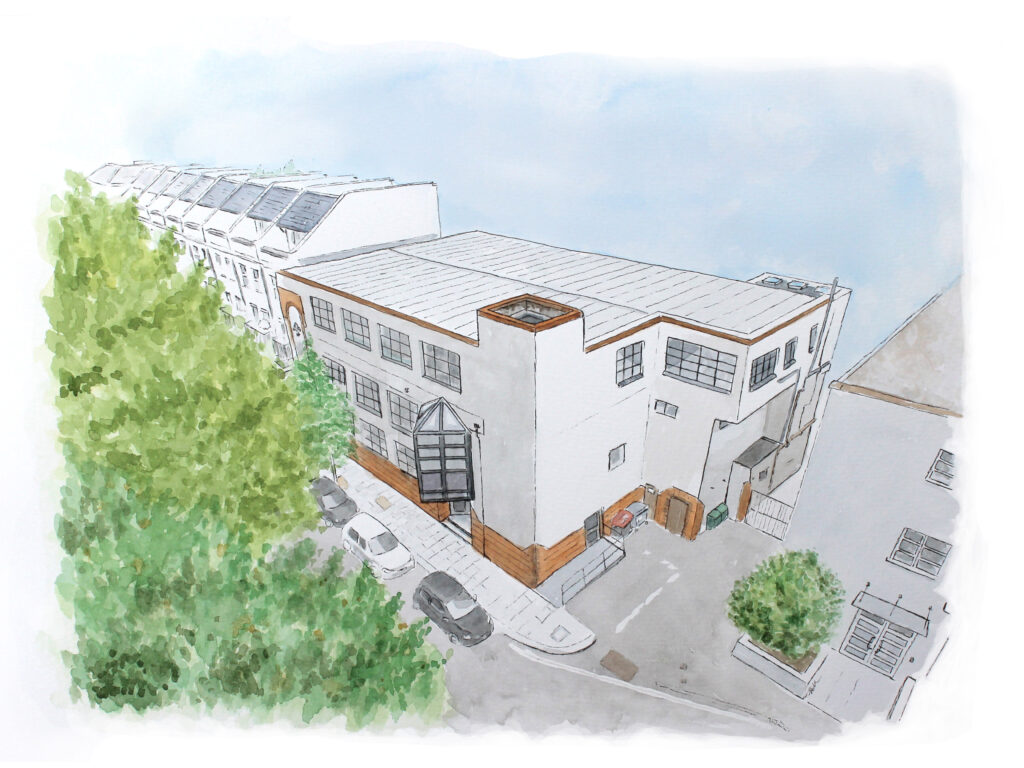AQA A Level and AS Level Psychology
Psychology is a fascinating and intellectually rewarding subject that investigates how and why people behave, think and feel the way they do. It explores human nature through scientific methods, combining elements of biology, sociology, philosophy and statistics. Studying Psychology helps students develop analytical skills, evaluate complex arguments, and better understand the people and world around them. What will I study? In Year 1, students develop foundational knowledge and explore the key principles that underpin psychological theory and research. Topics include:
• Social Influence – Why do people conform or obey? How do individuals resist pressure from others? This unit explores classic and contemporary studies on social roles, obedience to authority and minority influence.
• Memory – Students learn about different memory models, how memory can be distorted, and factors affecting eyewitness testimony. • Attachment – A study of early relationships between infants and caregivers, the impact of deprivation, and the effects on later emotional development.
• Psychopathology – An introduction to mental health through conditions such as phobias, depression and obsessive-compulsive disorder (OCD), including how they are diagnosed and treated.
• Approaches in Psychology – Students explore key psychological perspectives, such as behaviourism, the cognitive approach, biological psychology, and Freud’s psychodynamic theory.
• Research Methods – Throughout the course, students learn how to design experiments, gather data, and critically assess psychological studies. This component supports skills in data handling, ethics, and evaluation. At the end of Year 1, students may choose to be formally assessed for the AS Level Psychology qualification.
This is a stand-alone award covering Year 1 content and assessed through two external exams. In Year 2, students build on this knowledge by exploring more advanced and applied areas of Psychology. Topics include:
• Biopsychology – A detailed look at how the brain and nervous system affect behaviour, including areas such as localisation of function, biological rhythms, and the influence of hormones. • Gender – Exploration of the psychological, social and biological influences on gender identity and gender development.
• Schizophrenia – An in-depth look at the diagnosis, causes and treatments of one of the most complex mental health conditions.
• Forensic Psychology – An application of psychology to criminal behaviour, including offender profiling, explanations for offending, and methods of dealing with offenders.
• Issues and Debates in Psychology – Students engage with core discussions such as nature vs nurture, free will vs determinism, and the ethics of research and social sensitivity. How is the course structured and assessed? The course is 100% examination-based, with no coursework.
AS Level (Optional – end of Year 1)
• Paper 1: Introductory Topics in Psychology (Social Influence, Memory, Attachment)
• Paper 2: Psychology in Context (Approaches, Psychopathology, Research Methods) Each paper is 1 hour 30 minutes long and contributes 50% of the AS Level. A Level (end of Year 2) • Paper 1: Introductory Topics in Psychology (33.3%) • Paper 2: Psychology in Context (33.3%)
• Paper 3: Issues and Options in Psychology (33.3%) Each A Level paper is 2 hours long and includes multiple choice, short-answer and extended writing questions. Assessment criteria focus on students’ ability to:
● Demonstrate knowledge and understanding of psychological concepts and studies
● Apply this knowledge to real-world contexts
● Analyse, compare and critically evaluate research and theories
Will this course be suitable for me?
Psychology is an ideal subject for students who are interested in people, questioning human behaviour, and developing skills in analysis, research and writing. The course is intellectually stimulating and encourages discussion and debate. It complements subjects such as Biology, Sociology, English and Health & Social Care. A qualification in Psychology can lead to a wide range of university courses and careers including clinical psychology, education, counselling, social work, forensic science, occupational therapy, criminology, journalism and more.


